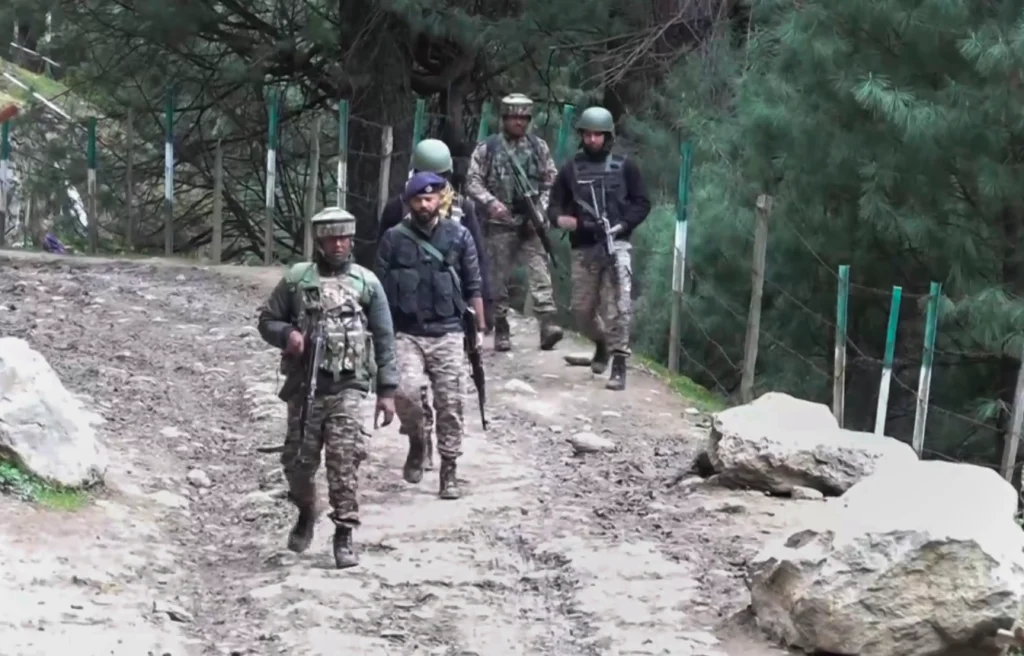India Bans 16 Pakistani YouTube Channels Over Pahalgam Attack Coverage, Includes Dawn, Geo News

India Bans 16 Pakistani YouTube Channels Over Pahalgam Attack Coverage, Includes Dawn and Geo News
The Indian government has banned 16 Pakistani YouTube channels. These channels had a total of over 63 million subscribers. Officials accused them of spreading provocative and fake content after the Pahalgam terror attack.
The Union Home Ministry recommended the ban. Authorities said the content shared could incite communal unrest and threaten India’s security. Major Pakistani news outlets like Dawn, Geo News, ARY News, Bol News, Samaa TV, Raftar, and Suno News were among those affected.
The Background: Pahalgam Terror Attack
Militants recently attacked a security convoy in Pahalgam, Jammu and Kashmir. The tragic attack resulted in the deaths of several Indian security personnel.
Soon after, online platforms saw a flood of fake news, manipulated videos, and communal narratives. Many Pakistani YouTube channels amplified these misleading stories. Officials warned that such content could disturb India’s internal peace.
Reasons for the Ban
Authorities cited several reasons for blocking these channels:
- Spreading fake news: Many shared false videos and fabricated news about the Pahalgam attack.
- Provoking communal tensions: Some posts attempted to create religious divisions within India.
- Threatening national security: Officials feared that misinformation could trigger violence.
- Violating Indian laws: These channels breached the IT Rules, 2021, which regulate digital content.
An official stated, “The banned channels coordinated disinformation campaigns to damage India’s unity and communal harmony.”
Major Channels Blocked
These are some of the popular channels that faced the ban:
- Dawn News: A major Pakistani newspaper and broadcaster.
- Geo News: A leading media house with wide South Asian reach.
- ARY News: Known for its large audience across Pakistan and abroad.
- Bol News: A fast-growing digital and television network.
- Samaa TV: A channel providing news and commentary.
- Raftar: A platform offering fast news updates.
- Suno News: A newer digital media outlet.
These outlets had millions of subscribers and considerable influence in South Asia.
India’s Letter to BBC Over J&K Coverage
Along with the YouTube ban, India raised objections against the British Broadcasting Corporation (BBC). The government wrote to the BBC, criticizing its coverage of Jammu and Kashmir.
Officials said BBC reports lacked balance and pushed Pakistan’s narrative. They emphasized the need for responsible journalism, especially regarding sensitive areas like Kashmir.
Earlier, India had also objected to a BBC documentary on Prime Minister Narendra Modi. Officials called the documentary “biased” and “agenda-driven.”
India’s Fight Against Digital Disinformation
India has been actively combating online misinformation. In recent years, the Ministry of Information and Broadcasting (MIB) has closely monitored foreign digital platforms.
In 2022 and 2023, India blocked many Pakistan-based YouTube channels. Authorities accused them of spreading fake news about Indian military operations, elections, and religious issues.
The government stressed that freedom of speech must align with the nation’s security interests. Officials said unchecked misinformation could disrupt national unity.
International Reactions
Pakistan criticized the ban, calling it an attack on free speech. Some international rights groups also expressed concerns. They warned that such bans could harm journalistic freedom.
However, Indian officials defended their move. They argued that foreign-based disinformation campaigns pose real threats to peace and security.
Experts believe India may introduce even stricter digital regulations soon. With upcoming elections and ongoing tensions in Kashmir, the government plans to maintain strict surveillance.
For more information on how countries fight misinformation, visit UNESCO’s official page.
Conclusion
India’s decision to ban 16 Pakistani YouTube channels and question the BBC’s coverage highlights a new era of digital vigilance.
While the debate between national security and free speech continues, India made it clear: it will act firmly against misinformation campaigns that threaten its sovereignty and harmony.






